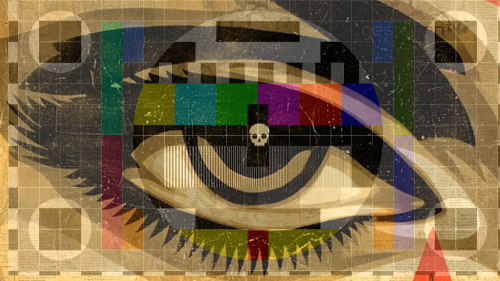Follow
@socketwench - One of the things I like about Serlings writing is that there is rarely someone who is a despicable antagonist. There's a reason for their ass-holery. And you ALMOST...just ALMOST...feel for Zaius when you realize his assholery comes from trying to protect the present from a harsh past, and that harsh past from returning.
The end doesn't justify his means, though.
